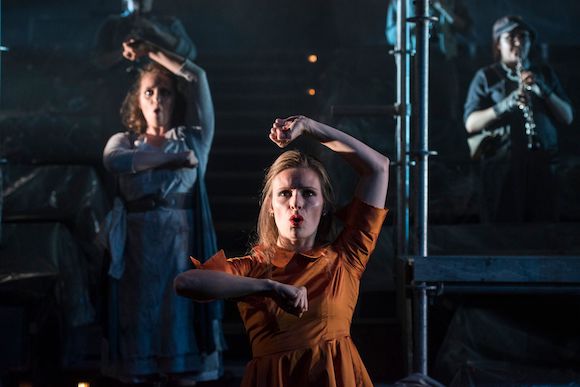 A couple of days ago Joseph So interviewed Alexander Neef about various aspects of the current situation in a session organised by the IRCPA. Inevitably and appropriately it focussed heavily on the challenges facing performers; especially those at the beginning of their careers, but there were a couple or three things not related to that that really caught my attention.
A couple of days ago Joseph So interviewed Alexander Neef about various aspects of the current situation in a session organised by the IRCPA. Inevitably and appropriately it focussed heavily on the challenges facing performers; especially those at the beginning of their careers, but there were a couple or three things not related to that that really caught my attention.
The first was around the theme of “what does the opera world look like if and when we get back in the theatre?” One part of this question that really wasn’t addressed was “will it be the same audience?” Given the demographics of the current viral epidemic I really wonder whether the oldest section of the audience will come back; at least in the short/medium term. Which is probably linked to a question that was addressed which was “will the financial impact of the crisis make companies program more conservatively?” Alexander handled this pretty diplomatically (surprise!) by answering (more or less) “if we don’t make art, we cease to have a purpose” and saying there was a limit to how many times one could program standard rep, though to be honest I’ve never detected any such limit at the COC. My guess is that we see an intensification of the trend already apparent under the pressure of long term decline in ticket sales. That’s to say one or two marquee productions a season buttressed with unchallenging revivals of the Operabase top 20 but we shall see. That’s been a formula that has, by and large, appealed to the traditional audience but if (big if) future audiences skew younger it may merely make things worse.

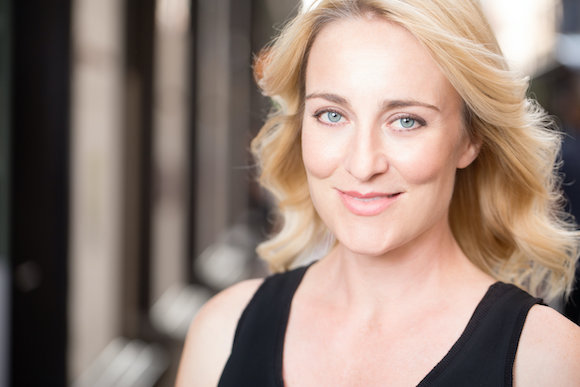
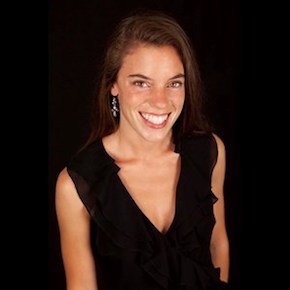 I chatted this morning with Rachael Kerr; music director of Against the Grain’s upcoming Figaro’s Wedding. I saw the
I chatted this morning with Rachael Kerr; music director of Against the Grain’s upcoming Figaro’s Wedding. I saw the 
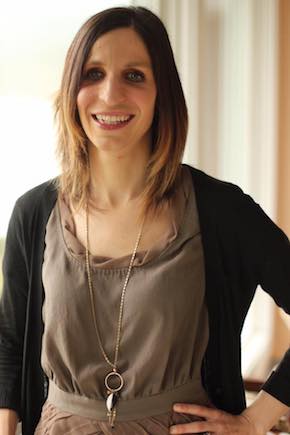 I met with Laurie Rubin today to talk about her upcoming show with Liz Upchurch and Amplified Opera;
I met with Laurie Rubin today to talk about her upcoming show with Liz Upchurch and Amplified Opera; 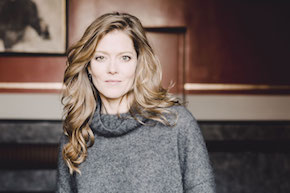 Last evening I attended a session with Barbara Hannigan under the auspices of the IRCPA. The format was an interview with William Littler followed by audience Q & A. In many ways it was typical Hannigan. She came across as smart, incredibly driven, analytical and with quite a wicked sense of humour. This I have seen before and there wasn’t much about her work methods that added to the information in
Last evening I attended a session with Barbara Hannigan under the auspices of the IRCPA. The format was an interview with William Littler followed by audience Q & A. In many ways it was typical Hannigan. She came across as smart, incredibly driven, analytical and with quite a wicked sense of humour. This I have seen before and there wasn’t much about her work methods that added to the information in 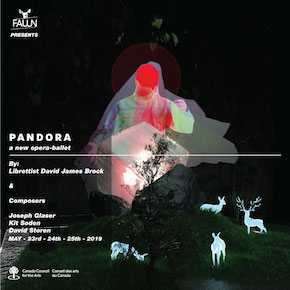 FAWN Chamber Creative and its artistic director Amanda Smith see themselves as pioneers. They champion inter-disciplinary works that don’t fit easily into any taxonomy of music, theatre or dance styles. Their latest venture; Pandora, an “opera/ballet” on a classical theme, might seem straight from the court of Louis XIV but Lully likely wouldn’t have scored it for drums, a piano, an electric guitar, a cello, a bassoon and electronics. The Sun King would likely also be somewhat taken aback by Jenn Nichol’s choreography; her long association with Opera Atelier notwithstanding.
FAWN Chamber Creative and its artistic director Amanda Smith see themselves as pioneers. They champion inter-disciplinary works that don’t fit easily into any taxonomy of music, theatre or dance styles. Their latest venture; Pandora, an “opera/ballet” on a classical theme, might seem straight from the court of Louis XIV but Lully likely wouldn’t have scored it for drums, a piano, an electric guitar, a cello, a bassoon and electronics. The Sun King would likely also be somewhat taken aback by Jenn Nichol’s choreography; her long association with Opera Atelier notwithstanding.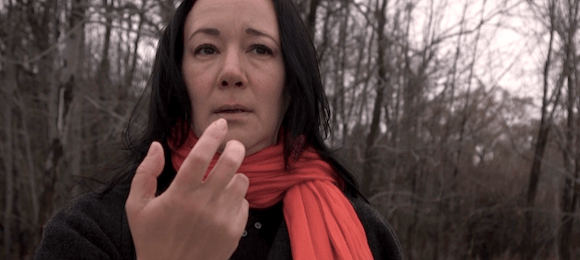
 I’m always a bit intrigued when someone comes up with a new technology solution for an old problem. If that solution is riding a particular technology trend I’m even more intrigued so when I saw PR material that a start up was creating a “platform” for linking agents, singers and casting personnel in the classical music business I wanted to find out more. Yesterday I spent some time with Danish tenor and entrepreneur Sune Hjerrild to find out what
I’m always a bit intrigued when someone comes up with a new technology solution for an old problem. If that solution is riding a particular technology trend I’m even more intrigued so when I saw PR material that a start up was creating a “platform” for linking agents, singers and casting personnel in the classical music business I wanted to find out more. Yesterday I spent some time with Danish tenor and entrepreneur Sune Hjerrild to find out what 